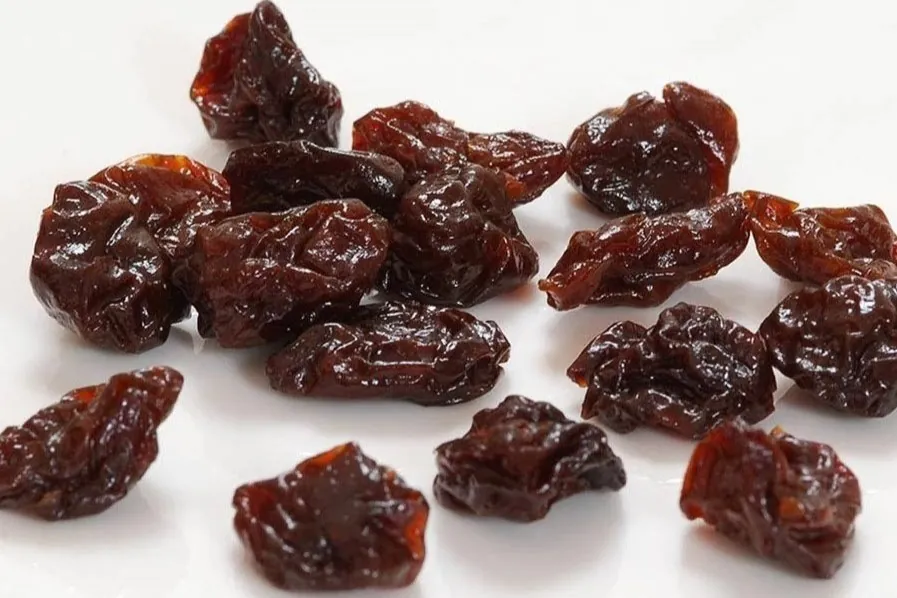Danny Guo, general manager of trade at JWM Asia, discusses the key market trends and opportunities for cherries in South-East Asia.
Can you give us an overview of JWM Asia’s business in cherries outlining your key supply origins and markets?
JWM Asia primarily sources cherries from Chile, New Zealand, Australia and the US. Cherries are one of our group’s core items, and our biggest volume comes from Chile, where we have teams on the ground and longstanding relations with our supply partners. We procure together with Joy Wing Mau Group, leveraging their buying capabilities in the Chinese market. This strategy allows us to maximise our procurement capability, which in turn enables us to add value to our supply partners by providing a diversified portfolio to South-East Asian markets.
JWM Asia’s main markets for cherries include Vietnam, Hong Kong, Singapore, Thailand, Taiwan, Korea, the Philippines, and Malaysia. We have established our multi-channel Asian distribution network over 20 years, covering the full scope of market segments, including retail, wholesale, and other modern channels.
We work closely with retailers such as Central Food Retail (Thailand), NTUC FairPrice and ParknShop to promote cherries to consumers, especially during the festive period. As a pioneer of cherry sales in Asia, our objective is to further develop distribution and promote cherries to the end consumer.
Overall, how do you see the cherry trade developing in South-East Asia? What are the major market trends?
Statistically, we can see that cherries are one of the growing categories in terms of consumption in South-East Asia. Cherries are the number one product to excite both distributors and consumers. In recent years, most markets have had their ups and downs, however, cherries are usually among the products least affected.
A prevailing trend in South-East Asian markets is their slow post-Covid-19 economic recovery. This, combined with unfavourable exchange rates for trading currencies such as the US dollar, has significantly impacted imports and exports. Overall, demand across South-East Asia has weakened, including a decline in the domestic retail segments in key markets. Therefore, it’s important for marketers to understand that price point is crucial in the current economic landscape.
Furthermore, as the global logistics situation recovers, ocean and airfreight rates are coming down, and transit times are becoming more stable. Joy Wing Mau Group has put additional efforts into this area to try to control supply chain variables as much as possible. We are working directly with shipping and airline companies to ensure the best transshipment options with a preagreed maximum transit time.
 Danny Guo, general manager of trade at JWM Asia.
Danny Guo, general manager of trade at JWM Asia.
Read the full article: Asiafruit
Image: Asiafruit
Cherry Times - All rights reserved











